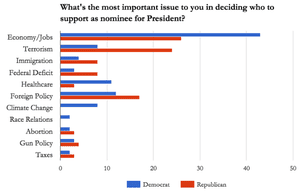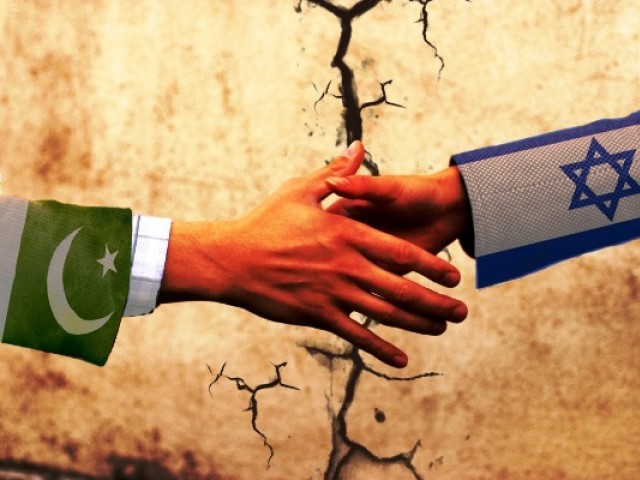Stephen Starr
Last month, Tahir Elci argued on a popular Turkish television show that the Kurdistan Workers’ Party (PKK) was not a terrorist organisation, in defiance of the Ankara government.
In the past the well-known human rights lawyer had been arrested and tortured under military rule. He had also publicly denounced the PKK’s violence, but nevertheless faced prosecution for disseminating “terrorist propaganda” in his recent television comments.
Elci was shot dead in Diyarbakir on Saturday when he was caught in crossfire between police and unidentified attackers. Two police officers were killed but many believe the assailants’ bullets were meant for Elci. Just minutes before his death he held a press conference during which he had a placard that read: “Let’s protect humanity’s heritage.”
When news of his death spread, protests mushroomed and the pungent, now-familiar scent of teargas filled the streets of Istanbul and the Kurdish regions of the southeast. At the Diyarbakir hospital morgue, where his body was taken, thousands of mourners and supporters gathered, shutting down city streets and the main entrance to the hospital.
Assassination
His wife, holding a huge black handbag, looked to the sky, her arms held aloft. Later, local media reported that children had played with evidence amid Elci’s blood at the crime scene.
“As a Kurdish intellectual he was slain by the state. We have seen this state murdering Kurdish intellectuals throughout the history,” his brother said at the funeral on Sunday.
Kurdish politician Selahattin Demirtas, a survivor of an assassination attempt last month, also spoke at the funeral.
Emma Sinclair-Webb, a senior Turkey researcher at Human Rights Watch who first met Elci at a conference in Dublin in 2003, described him as “a huge loss”, saying he had “worked tirelessly for years against the abuse of Kurds” and “he saw injustice very clearly”.
While riot police fought running gun battles with Kurdish militants in eastern Turkey in the aftermath of Elci’s death, on the opposite side of the country two newspaper journalists sat in a prison cell outside Istanbul, charged with conspiring to support an armed terrorist group and of committing espionage.
Can Dündar and Erdem Gül, editor-in-chief and senior editor of the respected left-leaning Cumhuriyet newspaper, were arrested last Thursday after publishing details of an alleged plot by Turkish security forces to ship weapons to Islamist rebel groups in Syria last year.
‘Heavy price’
President Recep Tayyip Erdogan vehemently denied the claims, saying the trucks in question were carrying aid for the Turkmen community across the border. Later the president said those who published the story would “pay a heavy price”.
In June, Dündar, a recipient of a Reporters Without Borders press freedom prize, was sued by the president for defamation.
While EU leaders praised Turkey’s prime minister at a migration summit in Brussels last Sunday, Dündar and Gül were left facing life in jail, in direct violation of the European Human Rights Convention, if convicted. Ahead of the talks the journalists penned a letter to the EU from prison writing: “We hope that your desire to end the [migration] crisis will not stand in the way of your sensitivity towards human rights [and the] freedom of press.”
The deepening political unrest and crackdown on media in Turkey have come at a time when ties with the EU have strengthened following years of stagnation. Some experts fear the AK Party government may be emboldened to conduct more censorship now that Turkey serves as the EU’s most important buffer against the refugees coming from Syria, Iraq andAfghanistan.
Surveillance powers
The EU agreed on Sunday to give Turkey €3 billion to help care for refugees, ease visa restrictions for Turks travelling to Europe and to reopen EU accession chapters. In return, Turkey is to take further measures to stem the number of refugees entering Europe through Greece and Bulgaria.
“The EU has essentially sacrificed everything it is supposed to stand for in concluding the deal with Turkey: failing to stand up for the rights of persecuted journalists and human rights campaigners, offering Turkey an accelerated membership perspective when in fact it has moved further and further away from EU standards of democracy and freedom,” said John O’Brennan, the director of the Centre for European and Eurasian Studies at Maynooth University.
Last year, the Turkish parliament passed laws that cracked down on websites, of which more than 60,000 are blocked, and widened the government’s intelligence agency’s surveillance powers.
Turkey is one of the top jailers of independent journalists in the world and in recent years verbal attacks by political leaders have been followed by harassment and death threats on social media. In October, several independent media organisations were also seized by the authorities.









